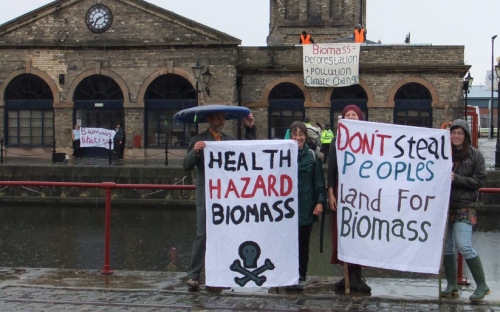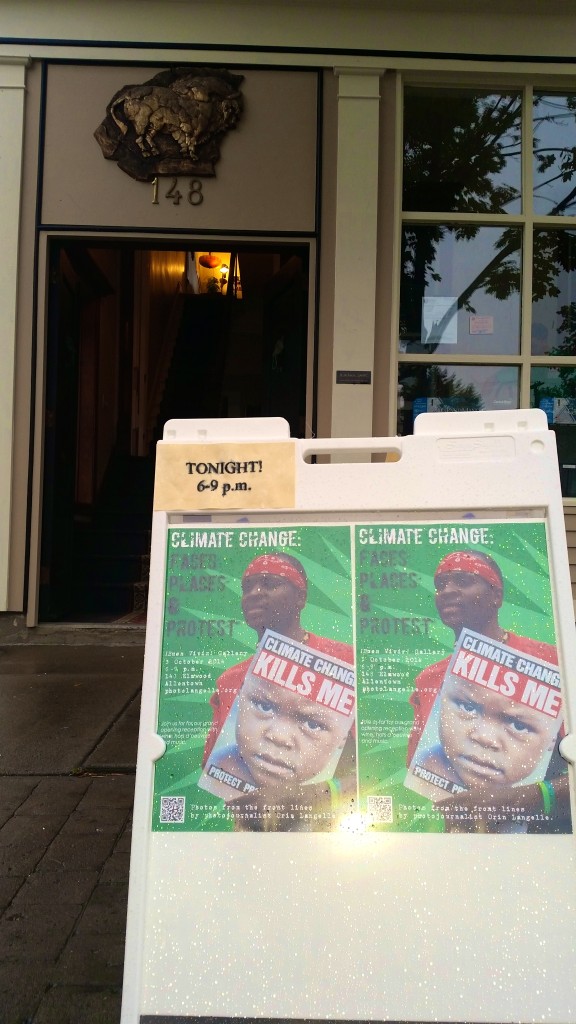Biofuelwatch co-director and GJEP partner Rachel Smolker has posted an important article on Bioenergy and Carbon Capture and Storage (BECCS) at the Washington Geoengineering Constortium website.
Smolker’s piece continues to build on and share her extensive knowledge and critique of bionenergy strategies touted by industry as “climate solutions.” Smolker makes a clear case that these strategies are false solutions to climate change and that environmental thinkers should not naively buy into these strategies.
The Washington Geoengineering Consortium is an initiative of the Global Environmental Politics program in the School of International Service at American University in Washington, DC. They are concerned with the social, political, and legal implications of geoengineering technologies.
‘UNCERTAINTIES’ IS AN UNDERSTATEMENT, WHEN IT COMES TO BECCS
By Rachel Smolker, Biofuelwatch, 10 November 2014.
In 2012, Biofuelwatch published a report titled “Bioenergy with carbon capture and storage: Climate savior or dangerous hype?” We had long been working to reveal and oppose large scale industrial and commercial scale bioenergy in various forms ranging from ethanol refineries to soy and palm oil biodiesel to coal plants converting over to burn wood. We had argued that corn ethanol would drive biodiversity loss, cause food prices to rise and contribute to chronic hunger, while failing to reduce emissions, as it has in fact done. We argued that burning wood as a substitute for coal would create a new driver of deforestation, even as protecting forests and ecosystems was recognized as a “best line of defense” against climate change. We pointed out that large scale bioenergy was incompatible with the simultaneous push to quantify, commodify and protect land based carbon sinks and their “services” (often for the dubious purpose of providing offsets to polluters…). We highlighted the human rights impacts, as land grabs for bioenergy escalated in Africa and elsewhere. And we argued over and over that the carbon consequences of bioenergy were far from “climate friendly” or “carbon neutral,” a myth that has been perpetuated by industry proponents and even parroted by many naive environmentalists.
Washington Geoengineering Consortium definitions of geoengineering here.






